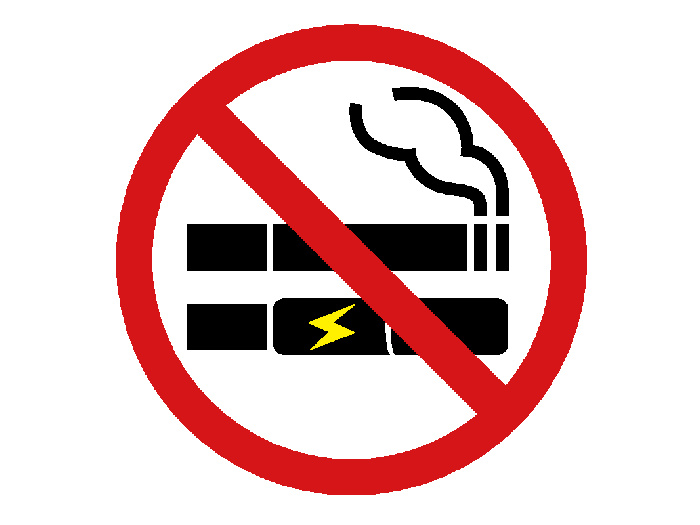Emerging trends in Covid-19 pandemic has made it clear that some people are more at risk of developing serious infections than others. We can now add smokers, vapers, and drug users among people in the high-risk categories. An article published by Dr. Nora D. Volkow, director of the National Institute on Drug Abuse, in the Annals of Internal Medicine clarified how the unique health risks posed by the Covid-19 are especially harmful to people who smoke, vape, or indulge in drug abuse. [1]

E-cigs may be as harmful as regular cigarettes when dealing with Covid-19. Photo Credit: Shutterstock
Some important points raised by her are as follows:
- The risk of severe infection and death increases among the elderly, but other risk groups include people who are immunocompromised or those with an underlying health condition, such as diabetes and respiratory diseases. Since smokers, vapers, and people with drug abuse often face respiratory disorders, Covid-19 infection can worsen in their case.
- Figures from the Chinese Center for Disease Control and Prevention show that people with respiratory diseases have 6.3 percent fatality rate compared with the average 2.3 percent. In fact, other coronaviruses also show similar risks and prognosis in people with respiratory diseases.
- While vaping was considered a safer option, emerging data on its adverse effect on the lungs show that it can be just as harmful in people with Covid-19. This category included people with compromised lungs because of vaping nicotine, tetrahydrocannabinol, or even flavorings.
- People with any opioid use disorder (OUD) or those abusing methamphetamine and other psychostimulants are also under risk of compromised lung functions. Slow breathing among users can further endanger the life of the patient.
- The higher risk for opioid users is a serious problem in the US where the number of people misusing opioids is more than 10 million. Healthcare professionals must be made aware of patient history in such cases.
- People with OUD can find access to proper treatment more difficult than others. In addition, social distancing can increase the chances of overdose. People with substance abuse disorder (SUD) may face similar challenges.
- People with OUD and SUD are more likely to be marginalized when seeking treatment. However, it is critical that their health is not deprioritized.
COVID-19 is an emerging, rapidly evolving situation.
Get the latest public health information from CDC.
Get the latest research from NIH. [2] [3]
